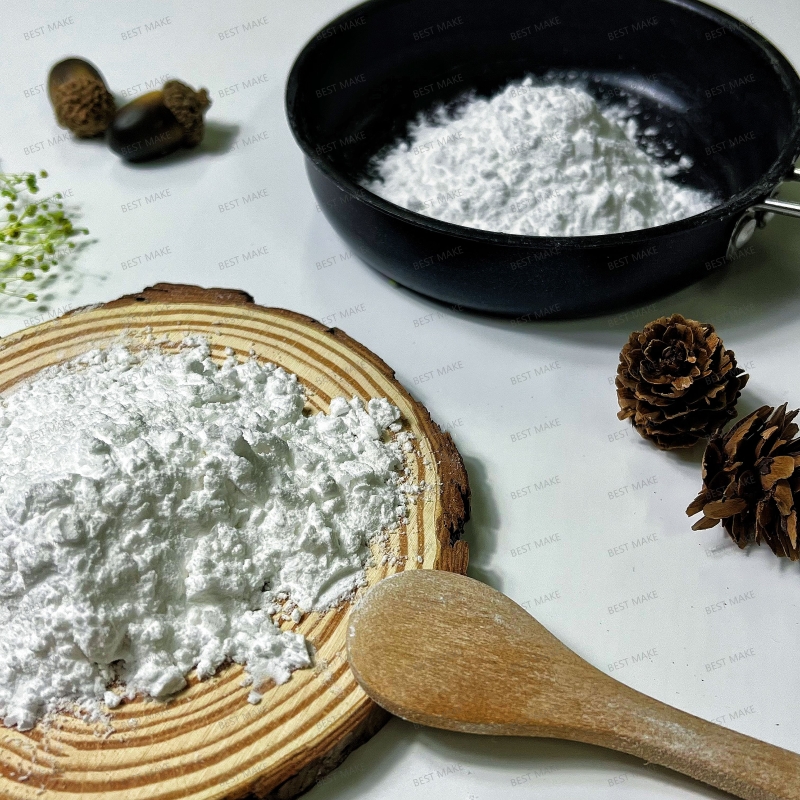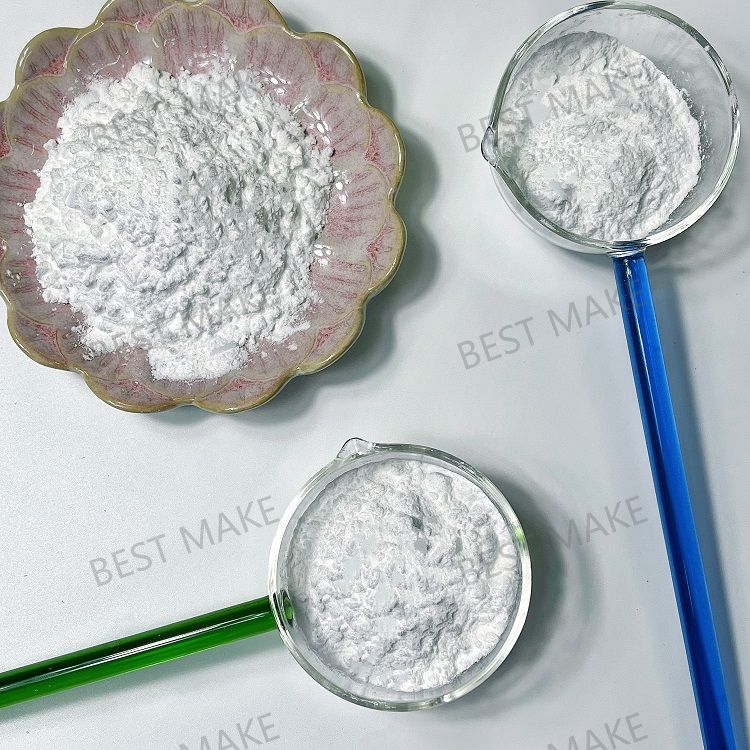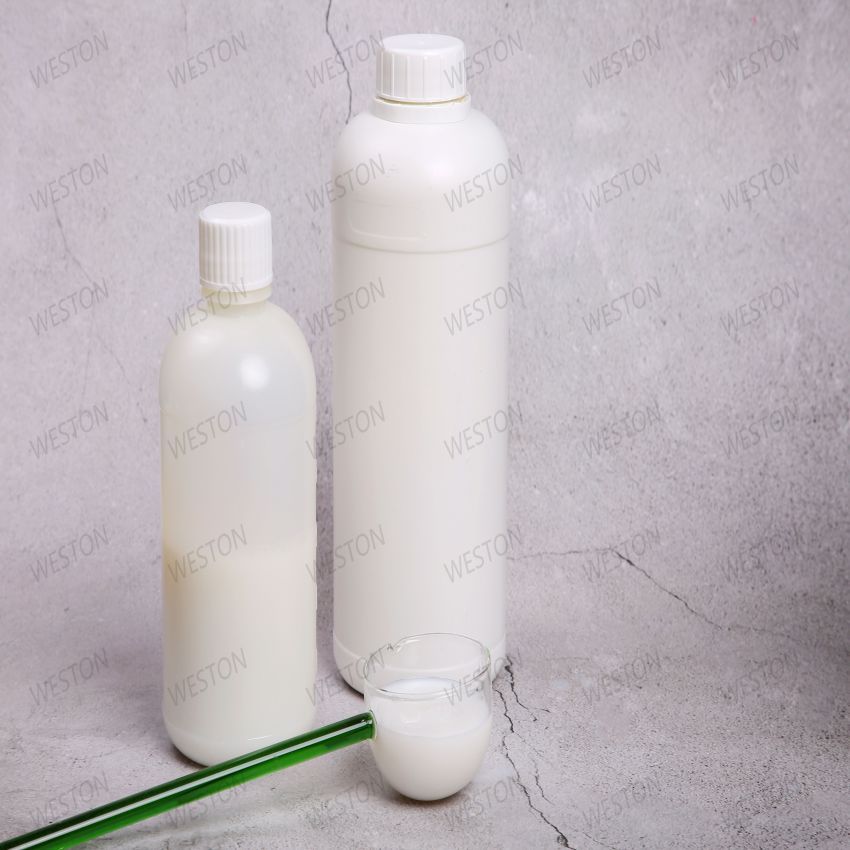-
Categories
-
Pharmaceutical Intermediates
-
Active Pharmaceutical Ingredients
-
Food Additives
- Industrial Coatings
- Agrochemicals
- Dyes and Pigments
- Surfactant
- Flavors and Fragrances
- Chemical Reagents
- Catalyst and Auxiliary
- Natural Products
- Inorganic Chemistry
-
Organic Chemistry
-
Biochemical Engineering
- Analytical Chemistry
- Cosmetic Ingredient
-
Pharmaceutical Intermediates
Promotion
ECHEMI Mall
Wholesale
Weekly Price
Exhibition
News
-
Trade Service
To further improve grid transmission efficiency, IBM and ABB scientists are using supercomputers to research and develop new high-voltage insulators
that improve transmission efficiency.
Electrical energy needs to be transmitted from the power station to the end user via underground cables or overhead power lines, and up to 7% of energy loss during transmission is caused by the insulation system of the grid, including grid quality conditions and environmental factors
.
To this end, IBM and ABB scientists formed a project team two years ago to jointly study and simulate the molecular dynamics of insulators, such as silicone rubber and polydimethylsiloxane (PDMS), in order to better understand the physical process and potential of high-voltage insulators and improve the design methods
of high-voltage insulating materials.
The scientists used IBM's BlueGene/P supercomputer and massively parallel algorithms to simulate and study the behavior of individual molecules in silicone rubber, as well as how insulators are
damaged by the environment at the molecular level.
In this way, more effective and reliable insulation materials can be designed, which can better resist the environmental impact received by electric energy during grid transportation and improve the efficiency
of grid transmission.
To further improve grid transmission efficiency, IBM and ABB scientists are using supercomputers to research and develop new high-voltage insulators
that improve transmission efficiency.
Electrical energy needs to be transmitted from the power station to the end user via underground cables or overhead power lines, and up to 7% of energy loss during transmission is caused by the insulation system of the grid, including grid quality conditions and environmental factors
.
To this end, IBM and ABB scientists formed a project team two years ago to jointly study and simulate the molecular dynamics of insulators, such as silicone rubber and polydimethylsiloxane (PDMS), in order to better understand the physical process and potential of high-voltage insulators and improve the design methods
of high-voltage insulating materials.
The scientists used IBM's BlueGene/P supercomputer and massively parallel algorithms to simulate and study the behavior of individual molecules in silicone rubber, as well as how insulators are
damaged by the environment at the molecular level.
In this way, more effective and reliable insulation materials can be designed, which can better resist the environmental impact received by electric energy during grid transportation and improve the efficiency
of grid transmission.







